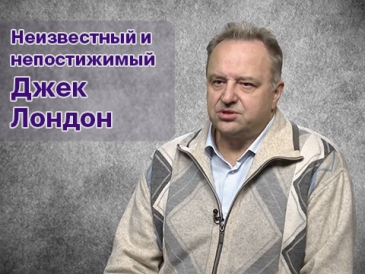Неэргодическая экономика
Авторский аналитический Интернет-журнал
Изучение широкого спектра проблем экономики
Видео
События
Аналитики Финансового университета обнародовали Рейтинг университетов мирового класса – 2021 / 19 мая
Аналитики Финансового университета представили Рейтинг ведущих экономических журналов России – 2021 / 19 мая
Сотрудники Финансового университета на конференции «Журнала Новой экономической ассоциации» представили новый Рейтинг российских экономических журналов / 13 мая
Публикации
The article attempts to systematize the most important institutional advantages of the Chinese management model, which differs significantly from the Western and Russian models. The research considers six fundamental elements of the self–organization model of the Chinese elites: maintaining the monopoly of the Chinese Communist Party in the system of power; the ability of the Communist Party to self–organize (scale, hierarchy, sequence of career growth, meritocracy, total lack of immunity from criminal prosecution, the presence of the death penalty); the system of checks and balances of power, consisting of formal (the practice of filing complaints against representatives government, etc.) and informal (mental and personnel traditions based on the historical factor) institutions; refusal to export its model and the implementation of the doctrine of soft hegemony; global coordination of all levels of the national economy through the modern State Planning Committee of the People’s Republic of China (State Committee for Development and Reform); adherence to three basic principles (common sense, naturalness and managerial paranoia), which are subordinated to the effect of nesting. The article shows that these elements provide many advantages for the Chinese elites: the presence of immunity against degradation and degeneration, the historical continuity of strategic decisions and the formation of state instinct, the weakening of foreign policy aggressiveness during the change of the old world order, the timely balancing of all aspects of Chinese society, the achievement of permanent managerial responsibility. We consider the possibility of Russia borrowing the institutions of the Chinese management system; the research notes that there are prerequisites for such borrowing in terms of creating a ruling party, a system of operational complaints and an institution of elite self–purification.
01.02.2026
В XXI веке началось возрождение некоторых культурных страниц отечественной истории. Одна из них связана с творчеством замечательного советского писателя Олега Куваева и, конечно же, с его романом «Территория». Писатель уже получил титул русского Джека Лондона, в связи с чем актуализируется несколько вопросов. Что конкретно общего у двух авторов? И чем они все–таки принципиально различаются? В статье даются ответы на поставленные вопросы.
10.12.2025
Последние комментарии
Евгений
06.03.2025 17:43 Отличная статья. Но она не раскрывает всей экономической сути доминирования и ее структуры и инструментов. Пишу свою версию в дополнение к Вашей на основе пирамиды МРТ международного разделения труда.
Святослав Мартынов
20.01.2025 12:18 С неким тревожным чувством прочитал статью господина Балацкого. Многие тезису корректны, но многие - нет.
Согласен, что пятая часть взрослого населения планеты Земля способны избыть заботы прочих. Это бесспорно.
Категорически не согласен с подходом т
Шлямберг
08.01.2025 17:58 Круто
Кастусь
03.09.2024 22:00 Хороший обзор
Александр Болдашевич
18.01.2024 17:18 Однозначно пришло время... Только предприятия МНК могут вывести страну из того места, где она сейчас находится.
Никакие инновационные технологии не помогут. Только развитие каждого сотрудника даст развитие предприятию.







